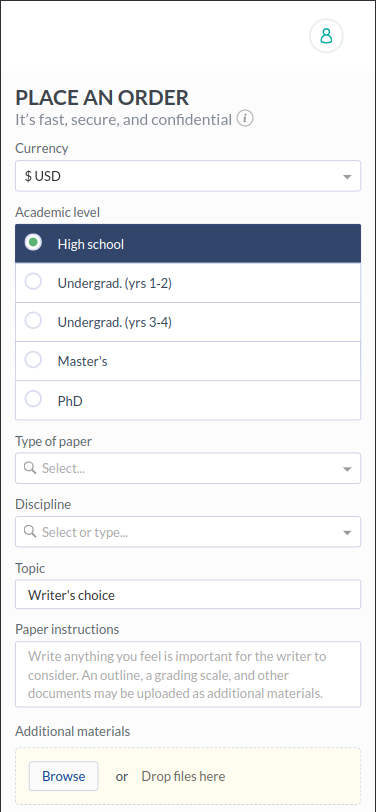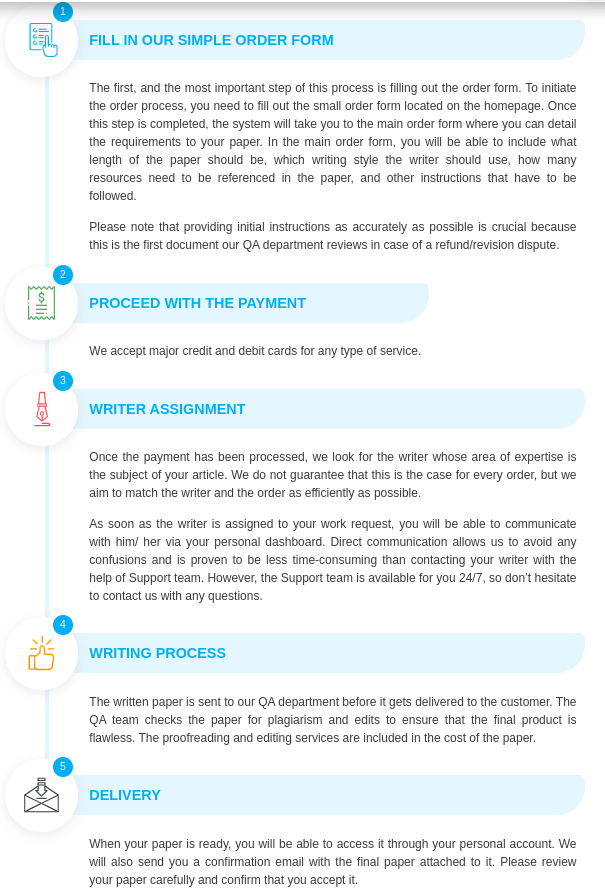Jason Towns ihuman Flank Pain
Reason for encounter
Flank pain
History of Present illness (HPI)
A 32-year old male, Jason Towns with underlying hypertension and on HCTZ presents for evaluation of an acute-onset left-flank pain of sudden onset. The pain begun 2 hours ago. He describes it as sharp & stabbing, radiating to the left groin. He rates the pain as 7/10 severity. Denies relieving or aggravating factors. He also reports associated nausea & vomiting, difficulty to initiate urination with dark colored urine. He denies fevers, urethral discharge, groin trauma, pain with urination, or chills.
Physical Exam
- Blood pressure
- Pulse
- Respiration
- Temperature
- SPO2
- Auscultate lungs
- Visual inspection abdomen
- Auscultate abdomen
- Palpate abdomen
- Genitourinary male exam
- Test strength
- Sensory tests(light touch, pain, position, temperature, vibration)
- Palpate extremities
- Inspect/palpable back and spine
- Percuss back and spine
- Auscultate heart
- Reflexes-deep tendon
ORDER JASON TOWNS IHUMAN FLANK PAIN NOW
Case Findings
- Acute-onset, stabbing/fluctuating left flank pain
- Nausea and vomiting
- Radiation of pain to left groin
- Difficulty initiating urination
- Darker colored urine
- Mildly diaphoretic
- Tachycardia
- Left CVA tenderness to light percussion
- Elevated blood pressure
Case Problem Statement
The patient, a 32-year old male, presents with acute-onset, non-traumatic, stabbing/fluctuating, left-flank pain with intermittent radiation to the left groin that started 2 hours ago. He complains of nausea with several episodes of vomiting. PMH is significant for HTN treated with HCTZ. His BP is 180/90, he is tachycardic with a heart rate of 120. He appears in significant pain, afebrile and mildly diaphoretic. There is left CVA tenderness to light percussion, without mi
Management Plan
Medications
- Admit
- Stop HCTZ
- Morphine sulfate 2 mg IV q 4 hrs PRN for pain (Leslie, Sajjad & Murphy, 2024).
- Ondansetron 4 mg IV q8 hrs PRN
- Administer 0.9% normal saline (NS) 100-150mL/hr (Leslie, Sajjad & Murphy, 2024).
- Hydralazine 5–10 mg IV every 6 hours PRN for hypertension
- Ceftriaxone 1 g IV 24 hourly
Consults/Referrals
- Urology consult if patient develops a fever, experiences impaired renal function, stone >5mm in diameter, has prolonged stone passage, and develops symptoms of hydronephrosis (Leslie, Sajjad & Murphy, 2024).
Client Education
- You have been diagnosed with nephrolithiasis. Nephrolithiasis results from salt and mineral deposits in the kidneys which develop when substances such as uric, oxalate, and calcium acid crystallize and accumulate in the urinary tract (Leslie, Sajjad & Murphy, 2024). Its risk factors include; obesity, dehydration, medications (diuretics), diets rich in animal protein and sodium.
- The management of nephrolithiasis involves hydration to promote the passage of stones in urine, administration of pain medications for relief, and in advanced cases, surgical removal if the stone causes obstruction, is infected or large.
- To prevent reoccurrences in future, modify your lifestyle to increase intake of fluids to 2.5- 3L daily (Leslie, Sajjad & Murphy, 2024).
Follow-up
- To prevent formation of stones, increase your oral intake of fluids and reduce the intake of carbonated drinks.
- Post-discharge, closely monitor for signs and symptoms of infection (fever), monitor urine output and pain and seek immediate care.
Reference
Leslie, S. W., Sajjad, H., & Murphy, P. B. (2024). Renal calculi, nephrolithiasis. In StatPearls [Internet]. StatPearls Publishing.
ORDER JASON TOWNS IHUMAN FLANK PAIN NOW
Index of Exercises
What is the most appropriate ED disposition for a febrile patient with a confirmed kidney stone and significant pyuria?
- Discharge on oral antibiotics
- Discharge on antibiotics; follow-up with urology
- Discharge without antibiotics; follow up with urology
- Admit to the hospital
- Transfer to the OR for an emergency nephrectomy
Which of the following should be included in tehe outpatient management of patients diagnosed with ureteral stones?
- Tamsulosin
- Nifedipine
- Large amount of oral fluids
- Bed rest
You are caring for a patient who is in significant pain secondary to a suspected kidney stone. The patient has no allergies and no underlying medical problems. What medication or class of medication is recommended for initial management?
- Morphine sulfate
- Synthetic opiates
- Nonsteroidal anti-inflammatory drugs (NSAIDS)
Most stones under 6mm in diameter will pass spontaneously
- True
- False
Our expert nursing writers can help with Jason Towns ihuman Flank Pain, place your order here.




